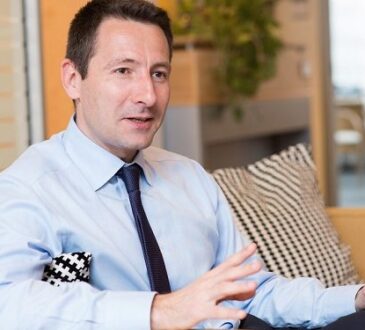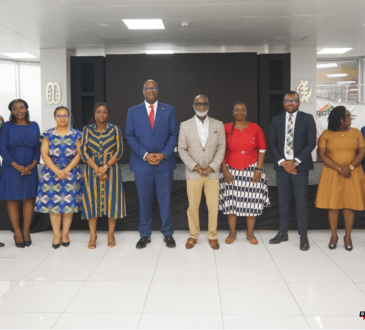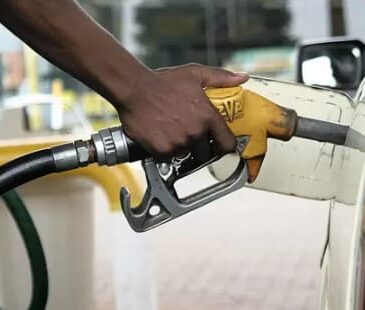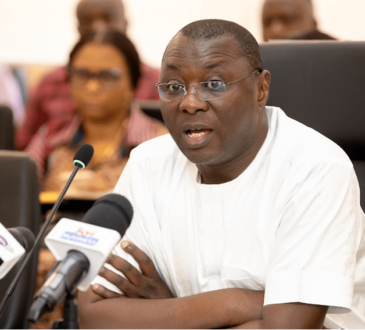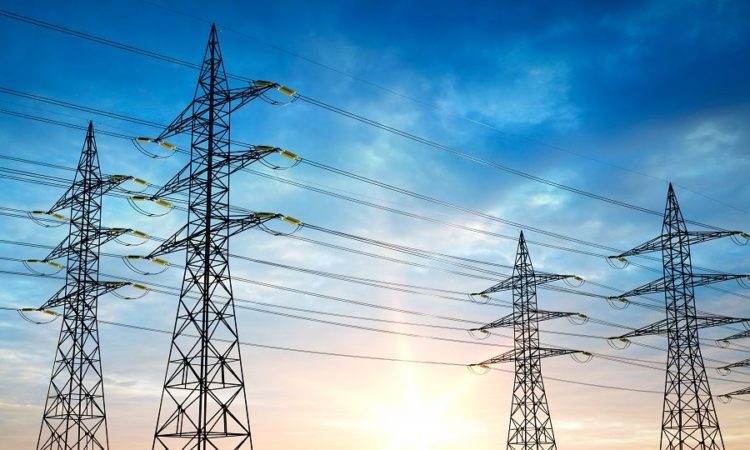
Ghana is on track to achieve universal access to electricity, with 88.75 per cent of the population now connected to the national grid, Minister of Energy, Dr. Matthew Opoku Prempeh, has informed parliament.
During his address to the Government Assurance Committee, Dr. Prempeh detailed the government’s efforts to expand electricity coverage to hard-to-reach areas, including a significant initiative of 35 electrification projects on 35 islands in the Volta Lake. “Our goal is clear: every village and community in this country deserves access to electricity,” he emphasized.
Dr. Prempeh acknowledged that despite the high national coverage, some areas, including parts of the Greater Accra region, still lack electricity. “No part of the country is 100 per cent energized yet. Since 1992, our unwavering mission has been to ensure every community, no matter its location, is equipped with power,” he said.
The minister also provided updates on the Rural Electrification Programme, now in its fifth stage under the Self-Help Electrification Programme (SHEP).
He described the initiative as bipartisan, with successive presidents advancing the effort.
Dr. Prempeh addressed misconceptions about the program’s scope and fairness, clarifying that 80 per cent of the ongoing rural electrification projects are concentrated in the Northern part of the country and the Volta region, targeting areas most in need.
Refuting claims of partisan bias, he stated, “We continue to extend electricity based on need, not political affiliation, ensuring equitable development across Ghana.”
Dr. Prempeh also discussed future targets: “The government is committed to achieving a 90 per cent electrification rate by the end of this year, which is recognized as the threshold for universal access in the industry.”
He explained the challenges faced by offgrid and island communities, which are currently being addressed through innovative solutions such as mini-grids and other small systems designed to extend electricity to these areas.
The ongoing efforts aim to not only achieve but sustain universal access to electricity across all of Ghana, ensuring every community can benefit from the nation’s energy resources.




